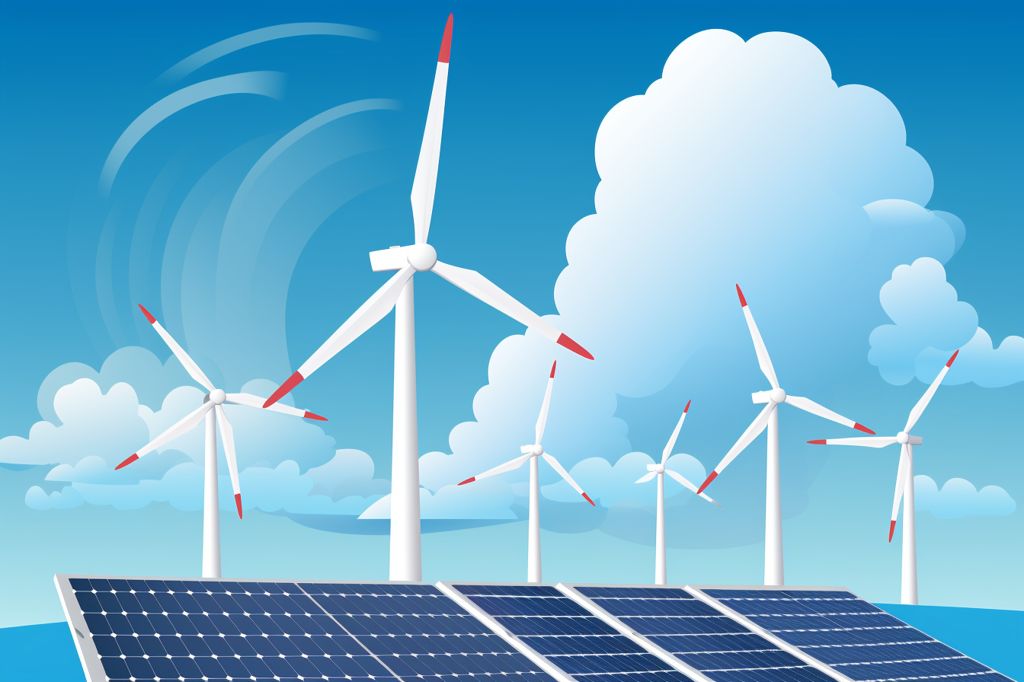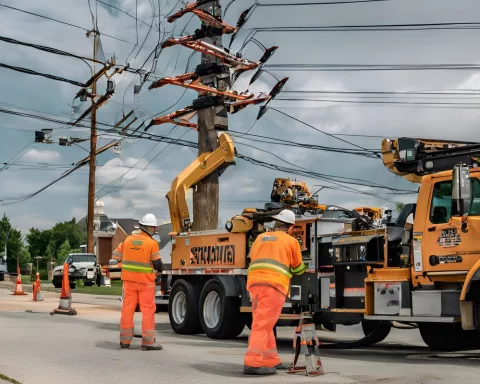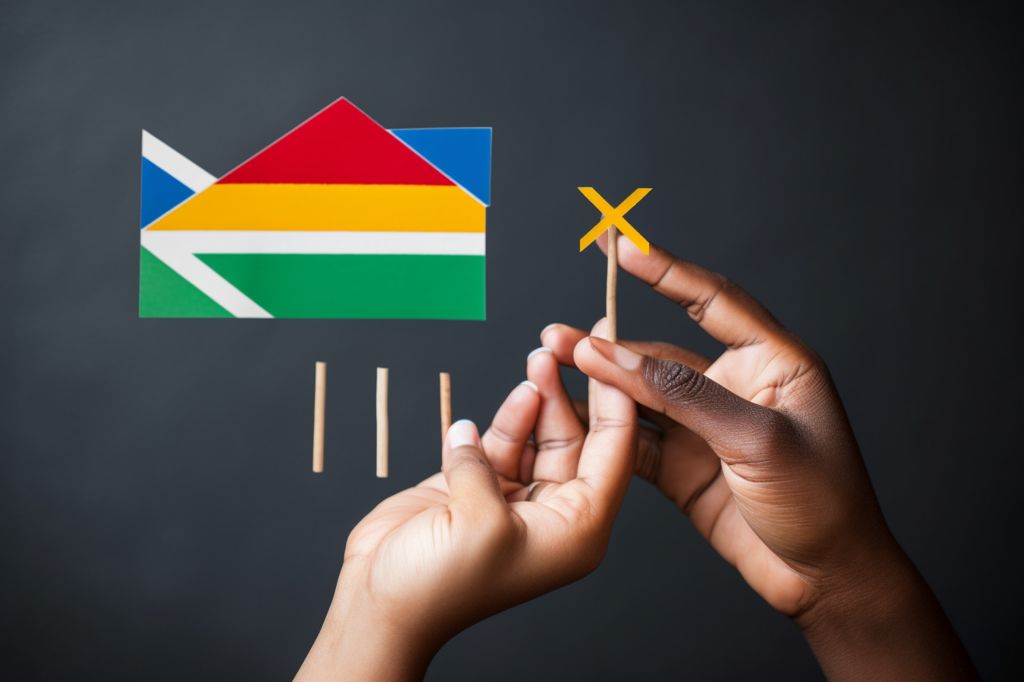South Africa’s electricity sector has faced significant challenges in recent times, mainly due to load shedding. However, the country’s leadership is determined to address these issues and ensure a stable power supply for its people. Minister Kgosientsho Ramokgopa’s Electricity Department Budget Vote 2023/24 reveals an ambitious plan to transform the country’s energy landscape.
Stakeholder Engagement
The government of South Africa has engaged in extensive consultations and stakeholder engagement to address the challenges in the electricity sector. Various stakeholders such as unions, industrial users, automotive manufacturers, provincial governments, municipalities, and diplomatic communities have pledged their support for the government’s strategic interventions.
Three-Phase Plan
Acknowledging the increased risk of supply shortfall during the winter months, Minister Ramokgopa outlined a three-phase plan to stabilize and expand the country’s electricity supply.
Surviving Winter (0-120 days)
During the Surviving Winter phase, the government aims to gain an additional 7000MW capacity through various initiatives such as improving the Energy Availability Factor (EAF), exploiting peaking plants, and incorporating additional generation capacity. The government will also explore demand-side management, micro-gridding, and wheeling and feed-in-tariff frameworks.
Stabilisation (August 2023 – January 2024)
In the Stabilisation phase, the focus will be on bringing online additional generation capacity, including the Kusile power plant, Medupi Unit 4, and emergency procurement of power ships. Emphasis will also be given to the utilization of small-scale embedded generation and rooftop solar. The government will explore potential gas-to-power facilities in Mozambique.
Energy Sovereignty (February 2024 and beyond)
Moving towards Energy Sovereignty, the government plans to release further Requests for Proposals (RFPs) for new generation capacity, encompassing 5000 MW of wind and solar PV, 1200 MW of battery storage, and 3000 MW of gas. The government will invest in strengthening and expanding the country’s transmission grid and improving distribution infrastructure.
Job Creation and Localization
The government aims to protect jobs and livelihoods and drive localization and job creation. Initiatives include establishing a fund for farmers to invest in alternative energy solutions, developing a facility to support low-income public sector workers to afford solar solutions, and working with the Unemployment Insurance Fund to create skilled electricians and installers for the growing solar industry.
Addressing Fraud and Corruption
Addressing fraud and corruption at Eskom, South Africa’s main electricity provider, is a priority. An inter-departmental and multi-disciplinary Energy Safety and Security Priority Committee has been established to combat crime related to Eskom.
Minister Ramokgopa’s ambitious electricity plan reflects South Africa’s determination to overcome its energy challenges and secure a stable power supply for its people. With the support of key stakeholders, the country is on the path to becoming an energy-secure nation, ultimately making every megawatt count.












